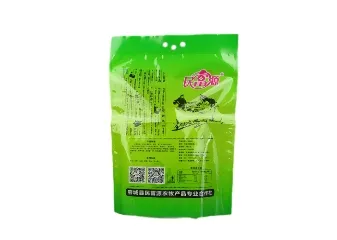Pet owners should be vigilant when their dogs are undergoing antibiotic therapy. Monitoring the dog's stool consistency is crucial. If a dog experiences mild diarrhea, it may be advisable to withhold food for 12 to 24 hours while ensuring they have access to fresh water to prevent dehydration. After this fasting period, a bland diet such as boiled chicken and rice can be gradually reintroduced. This diet is gentle on the stomach and may help firm up stools.




